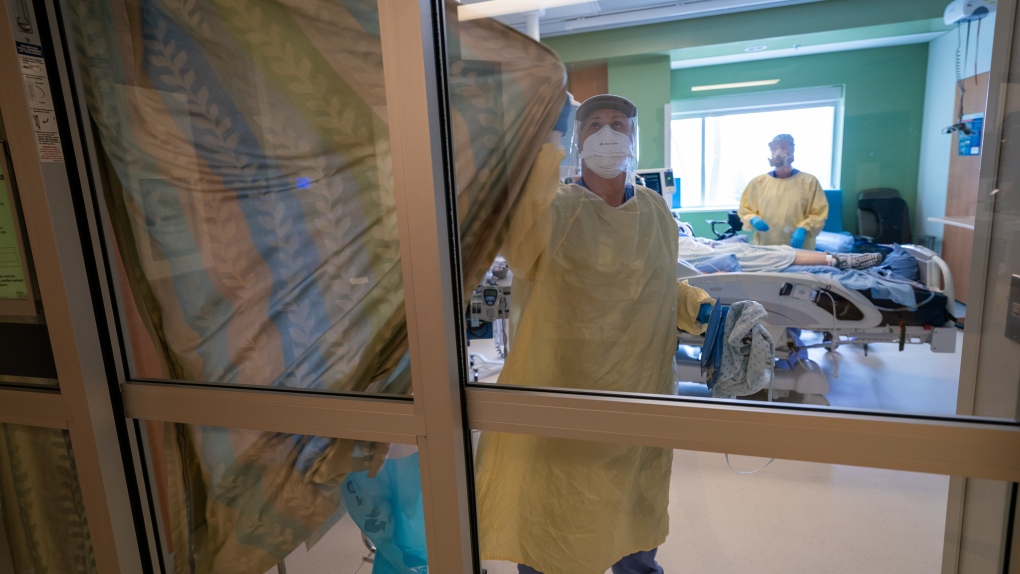
Time for a change in B.C.'s pandemic strategy? Former SARS doctor urges grassroots pivot
CTV
A respected emergency doctor credited with a pivotal role in B.C.’s avoidance of the SARS epidemic is speaking up, urging health officials to adopt a grassroots approach to health care.
A respected emergency doctor credited with a pivotal role in B.C.’s avoidance of the SARS epidemic is speaking up, urging health officials to adopt a grassroots approach to health care as the province struggles in the fourth wave of the COVID-19 pandemic.
Dr. Lyne Filiatrault spent decades at Vancouver General Hospital, where she was working that fateful night in 2003 when a man arrived at the hospital struggling to breathe and turning blue. He’d recently returned from a trip to Hong Kong and it would be three days before the virus that afflicted him had a name: SARS.
“We were concerned and we didn’t know if it was the avian flu so we decided not to take any chance and wheeled this patient into a single isolation room with airborne precaution,” she said. “It wasn’t me — it was the entire team and it took the concern of not wanting to have this unknown virus spread. That set up the success of all our virus response in B.C.”
Given that experience and the “nip it in the bud” approach that saw the province avoid the kind of death toll Ontario saw, Filiatrault is disappointed and alarmed that the health leaders of today have not learned the lessons of early, decisive intervention and a proactive approach. She is now retired and feels free to speak her mind.
“We’re trying to use a simple solution for a complex problem — we thought vaccine was going to be it,” she said. “We’re relying on government to act quickly and I don’t think they have the resources and they certainly don’t have line of sight, so we need community engagement and there’s certainly no way we’re going to get out of this without community engagement.”
Filitrault is part of Protect our Province BC, an advocacy group of health-care professionals, scientists and others advocating for a multi-disciplinary approach to combatting the virus, including accepting the role of airborne transmission in spread of the disease.
In recent months, Northern B.C. doctors have described regional attitudes and mindsets that’ve contributed to vaccination and infection rates, while community leaders have felt they’ve been left in the dark about decisions and support from their local health authorities who do not respond to questions and concerns via phone or email.





















 Run 3 Space | Play Space Running Game
Run 3 Space | Play Space Running Game Traffic Jam 3D | Online Racing Game
Traffic Jam 3D | Online Racing Game Duck Hunt | Play Old Classic Game
Duck Hunt | Play Old Classic Game